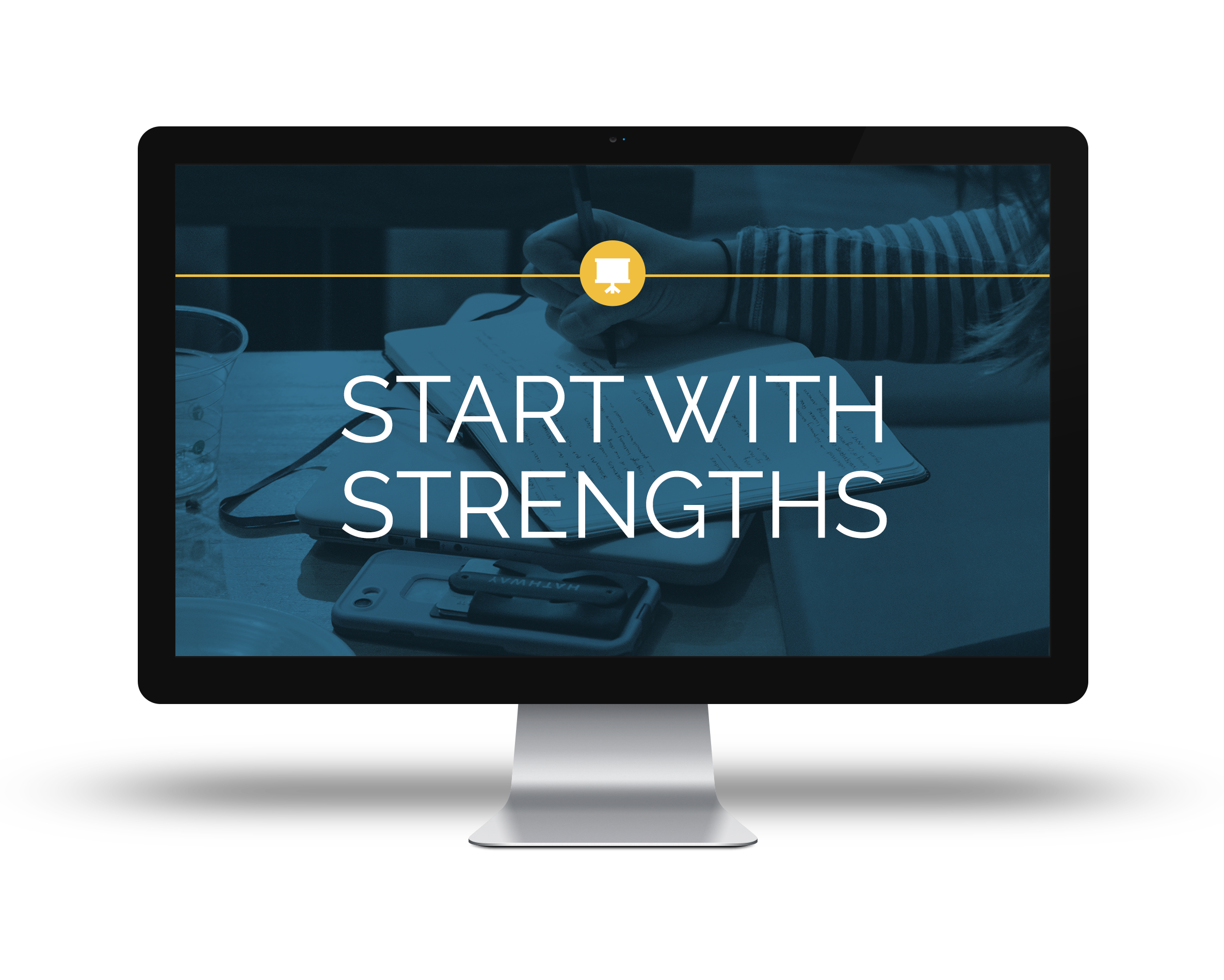You know the feeling: things seem to be spiraling out of your control and you feel yourself getting tense and anxious. Your blood pressure starts to rise, your patience is running thin and pretty soon you might act in a way you may later regret. Stress can pop up anywhere. But, you have the power to develop strategies to combat stress when it arises and keep yourself calm, cool and collected. These are 10 of the best research-based strategies for managing stress. Many of these are tried and true tools you will know, and others will be new to you. And, what is especially new, is the connection with your inner capacities, known as character strengths, which can help you with each strategy.
Take Control of Your Stress with These 10 Tips
1. Use reframing: This is a mental activity that involves looking at a stressor or negative situation and explaining it (realistically and honestly) in a positive or neutral way. Many times, when something bad happens to us, we get emotionally wrapped up in the negative. But, this is a bit dishonest as it’s usually not the whole picture. There’s usually another vantage point.
- Strength tip: Use your strengths of judgment and hope to look at any negative situation in a fresh way. You might tap into hope to see how there are benefits to the stressor. You might deploy critical thinking to examine the situation from multiple, detailed angles. This will help you see pros and cons, positives and negatives.
2. Improve your planning: Stress management research by Robert Epstein has made it clear that stress can be managed through planning. Start making your daily checklists, dust off your planners, and take action by organizing your weekly activities.
- Strength tip: The essential strength you use when planning is prudence. You can learn to thinking prudently. Use your prudence to take stock each morning on the work tasks you’d like to accomplish, the household tasks you must get done, and the fun activities you want to do.
3. Learn relaxation: Where would a stress management list be without relaxation techniques? Scores of studies have showed an important link with relaxation tools such as progressive muscle relaxation, deep breathing, guided imagery, clinical hypnosis, and biofeedback are all useful for managing stress.
- Strength tip: Any relaxation strategy involves use of your self-regulation strength. This strength involves taking control of your breathing and creating a greater feeling of calmness in your body’s physiology. In turn, such self-regulation has a positive impact on your racing mind and your worries of the day.
4. Affirm your values: Research studies have shown that those who think about their highest values before a stressful event actually experience less stress and show a substantial decrease in the stress hormone, cortisol, compared to control groups.
- Strength tip: Each of the 24 character strengths can be the subject of this activity – in other words, something highly valued. Prior to an upcoming stressor, reflect on how much you value one of your character strengths.
5. Use one of your signature strengths: Many studies, across cultures, now show that using one top strength in a new way leads to greater happiness and less distress.
- Strength tip: The challenge is to consider how you will use your best quality in a new way. For a list of ideas, see this article here. This strategy helps you widen how you think about and how you act from your strengths.
6. Manage strength imbalance: New research has found that the overuse of character strengths and the underuse of character strengths are strongly linked with distress and depression. At the same time, balanced strength use is connected with less distress and greater flourishing and life satisfaction.
- Strength tip: Choose one or two of your top strengths. Reflect on whether you are using the strength in an optimal, healthy way each day. Consider times when you overuse or underuse the strength and how you might bring the strength into greater balance.
7. Develop a forgiving style: The strength of forgiveness has been shown to have a powerful buffering effect on stress. Those who are highly forgiving of themselves and others have a far less chance of having a mental illness. One team of researchers, led by Loren Toussaint, explains that forgiveness takes the bad connection between mental illness and stress and makes it almost zero. Without forgiveness, we experience stress in a more raw, unblocked way.
- Strength tip: Find yourself uncertain how to be more forgiving? Set up a “letting go” practice, starting with little things. When someone cuts you off in traffic or seems to ignore your “hello” at work, take a specific approach of “practicing letting go.” For example, when something little-but-distressing happens, pause, take two slow breaths of fresh air, and then say to yourself “it’s OK, I can move on.”
8. Practice mindfulness: Thanks to the last two decades of research on mindfulness, there is now an impressive amount of research showing mindfulness approaches help with stress management, in many ways.
- Strength tip: Try “the mindful pause” which is a simple, 2-step approach in which you pause before or during a stressor and attentively breathe for 15 seconds, followed by one question for yourself – how might I use one of my character strengths right now? Take positive action with any character strength that pops up.
9. Unleash your gratitude: The practice of gratitude – both “spiritual gratitude” as well as counting daily blessings – has a big impact on stress. Studies have also shown that it’s helpful to keep up with gratitude when facing troubling emotions.
- Strength tip: Start by setting up a nightly practice. Write down three things you are grateful for each night and explain why you believe they happened. Do not repeat anything on your list from day to day. If you keep up this activity in the long-run, you will have hundreds of examples of gratitude by the end of the year!
10. Use positive self-affirmation or write about something you enjoy (but not both!): Researchers found that those with low self-esteem felt better when they wrote about an activity they enjoyed doing but NOT when they wrote positive self-affirmations. The opposite is true for those with high self-esteem. These individuals felt better when they wrote positive self-affirmations but not when they wrote about an activity they enjoyed.
- Strength tip: For whichever group you fall into, use character strengths as your topic – write about how you used a character strength in doing an enjoyable activity (e.g., I used my strength of zest to infuse my team with energy and enthusiasm during the softball game yesterday). Or, write positive affirmations using your strengths (e.g., I am a kind and fair-minded person when I go out of my way to help my work colleagues when they are struggling).


